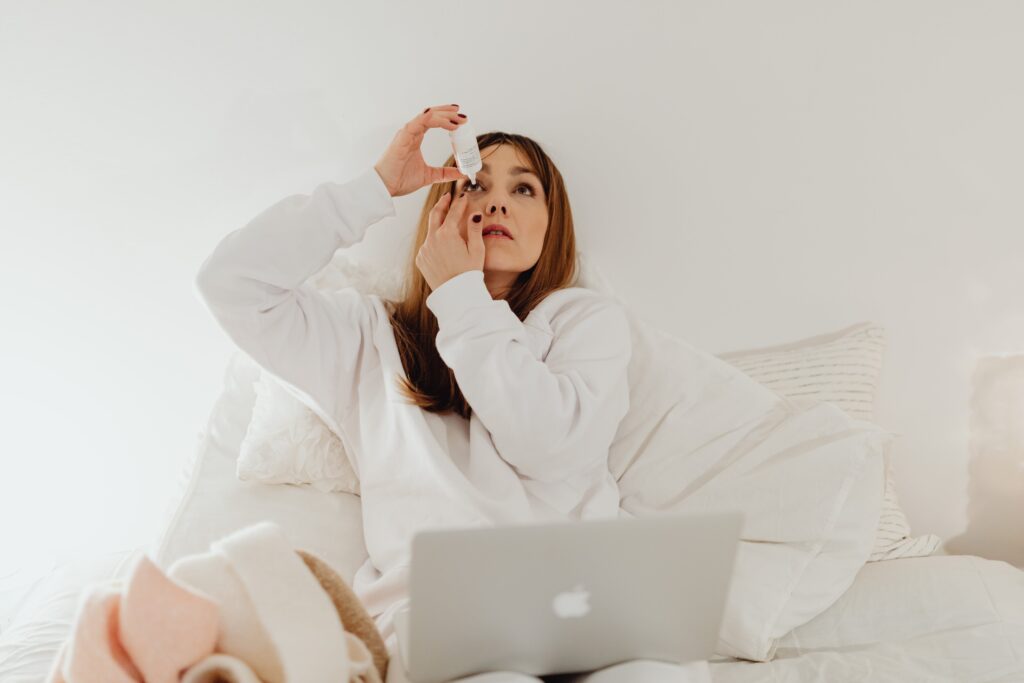
Embarking on a journey to safeguard your eyesight in your 20s is not just a self-care choice — it’s a strategic investment in your lifelong vision health. According to WHO, uncorrected refractive errors and cataracts stand as the primary culprits behind vision impairment and blindness globally. Astonishingly, at least 1 billion people grappling with near or distance vision impairment could have sidestepped these issues with proper eye health practices.
Preserving good eye health is not only a matter of clarity but is integral to sustaining a high quality of life. Fortunately, there are a variety of things you can integrate into your daily routine to fortify your eye health. By adopting these habits early on, you can optimize your vision and potentially stave off or effectively manage certain eye conditions.
4 Positive Eye Care Habits To Start In Your 20s
Wear appropriate glasses
If you require corrective lenses, wearing glasses or contact lenses every day is a fundamental step in maintaining your eye health over the long run. Regular use helps reduce eyestrain and prevent potential vision deterioration. Keeping your prescription updated every two years is equally important, as vision can change over time.
You can start by establishing a routine of visiting the eye doctor every two years, as well as incorporating an eye check-up into your healthcare schedule. Financial planning in your 20s is also a prudent move, so consider opening a health savings account to cover medical expenses, including eye care. This allows you to set aside pre-tax income for qualified medical expenses, making it a cost-effective way to manage your eye care expenses.
Prevent digital eye strain
However, blue light glasses are not a substitute for healthy screen practices. Use eyedrops for dryness and follow the 20-20-20 rule: every 20 minutes, look at something 20 feet away for at least 20 seconds. Additionally, continue to strive to limit screen time as much as possible. Designate tech-free periods in your day, especially before bedtime, to give your eyes a much-needed break.
Shield your eyes from environmental factors
The eyes allow more UV to pass through with age, so you must help your vision by wearing sunglasses. Investing in a good pair of sunglasses, in particular, can help prevent glare while blocking 100% of UVA and UVB rays to reduce eye strain and the risk of cataracts or macular degeneration. It’s imperative to source your sunglasses from reputable stores that are transparent when it comes to the lens technology they use.
Similarly, engaging in activities with potential eye injury risks necessitates the use of protective eyewear like face guards or well-fitted eye goggles. This is particularly important for those living an active lifestyle or working frequently with power tools.
Follow a nutrient-rich diet
Various nutrients play distinct roles in fortifying your vision. So, incorporating specific foods into your diet can help you maximize their protective benefits earlier on. For instance, omega-3 fatty acids promote proper retinal function and help prevent glaucoma or age-related macular degeneration. This can be found in fatty fish, such as salmon, tuna, trout, other seafood, and even chia seeds and walnuts.
Furthermore, dark leafy greens like spinach, kale, and collard greens, as well as eggs, provide antioxidants such as lutein and zeaxanthin, offering protection against harmful UV rays and blue light. Meanwhile, oysters, lean meats, poultry, whole grains, and legumes are stellar sources of zinc, facilitating the absorption of vitamin A and mitigating the risk of cataracts.
Your 20s mark a critical period for establishing eye care habits that can impact your vision throughout your life. With these habits, you can ensure their health and vibrancy for years to come. For more tips for young adults, check out our other guides on GenTwenty.





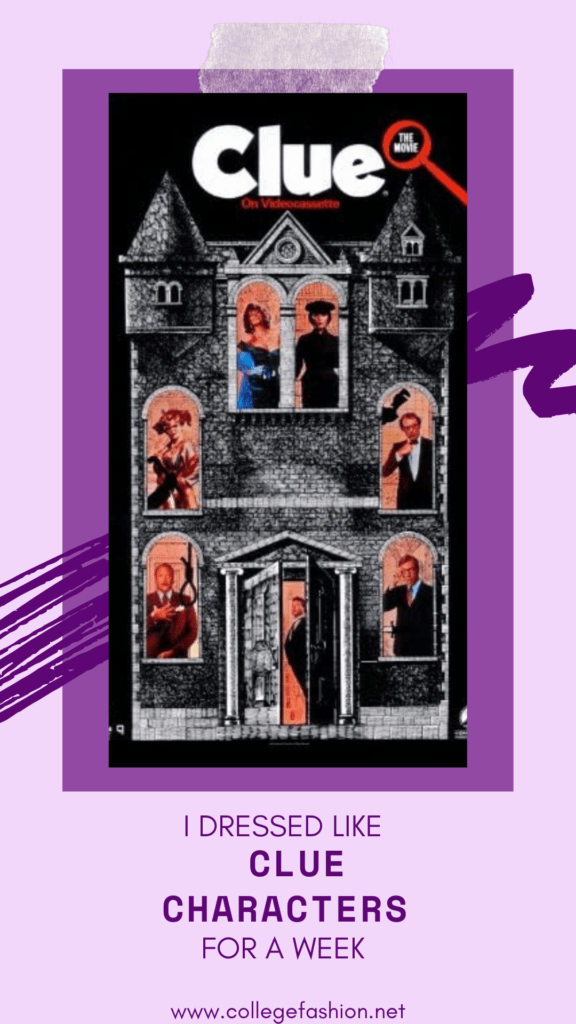
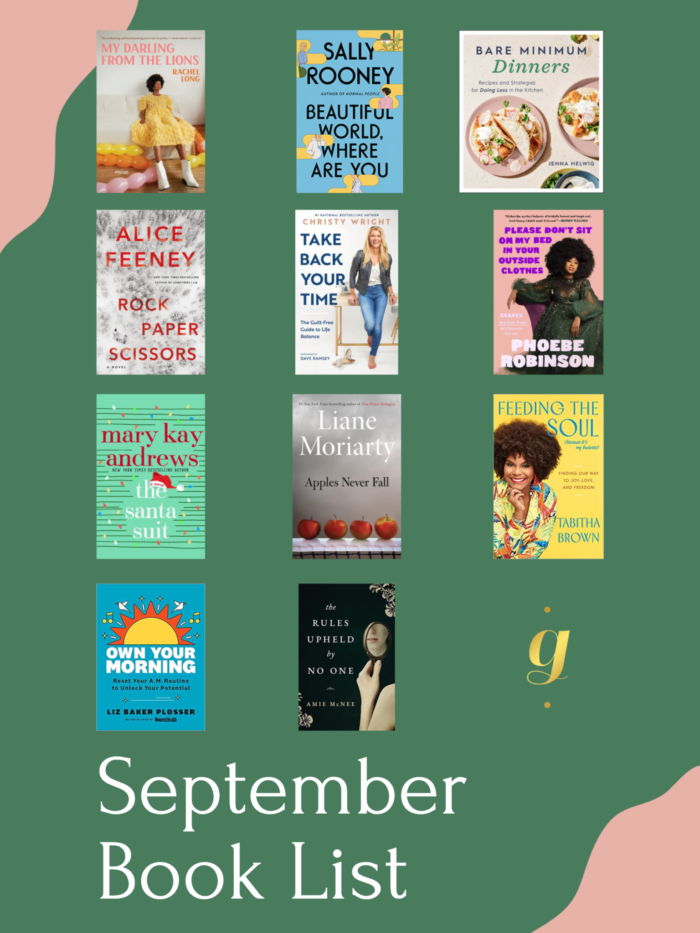
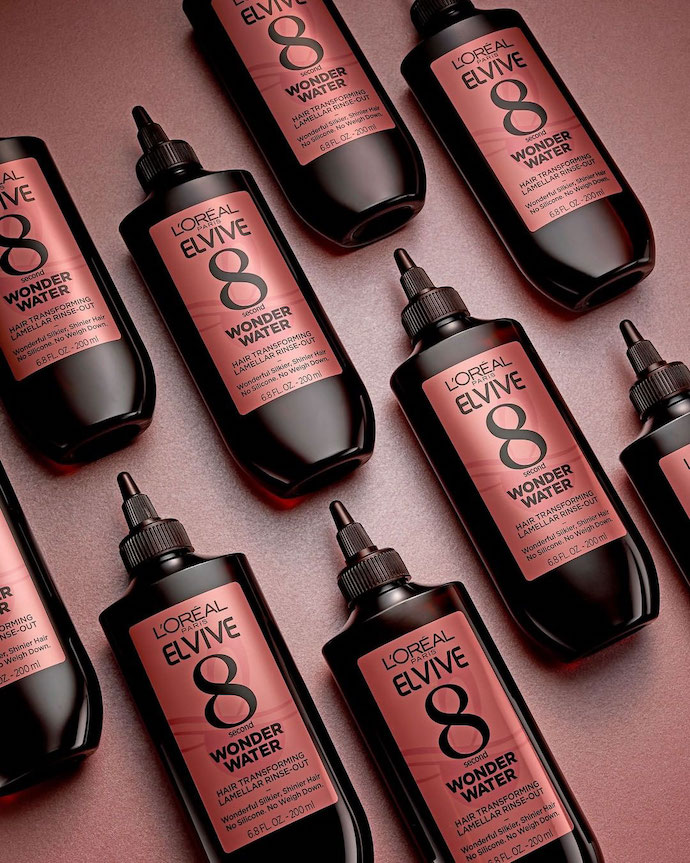
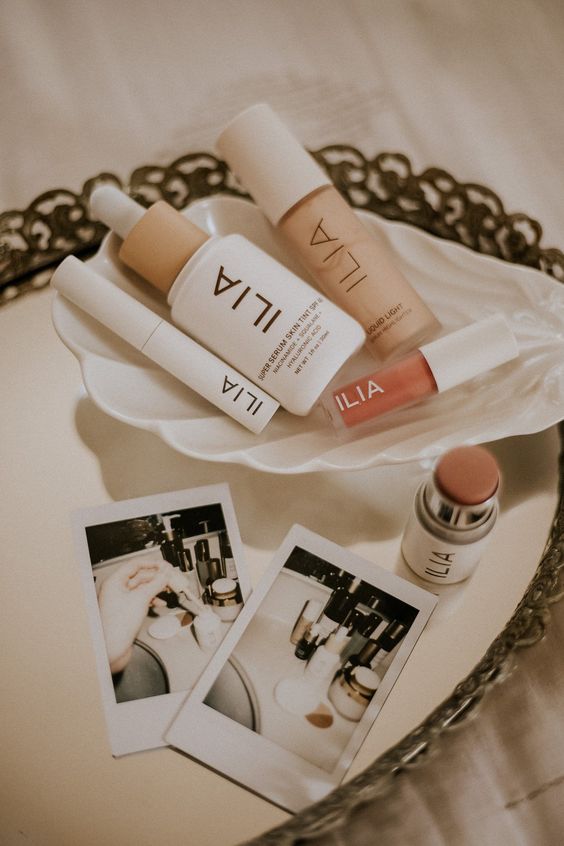
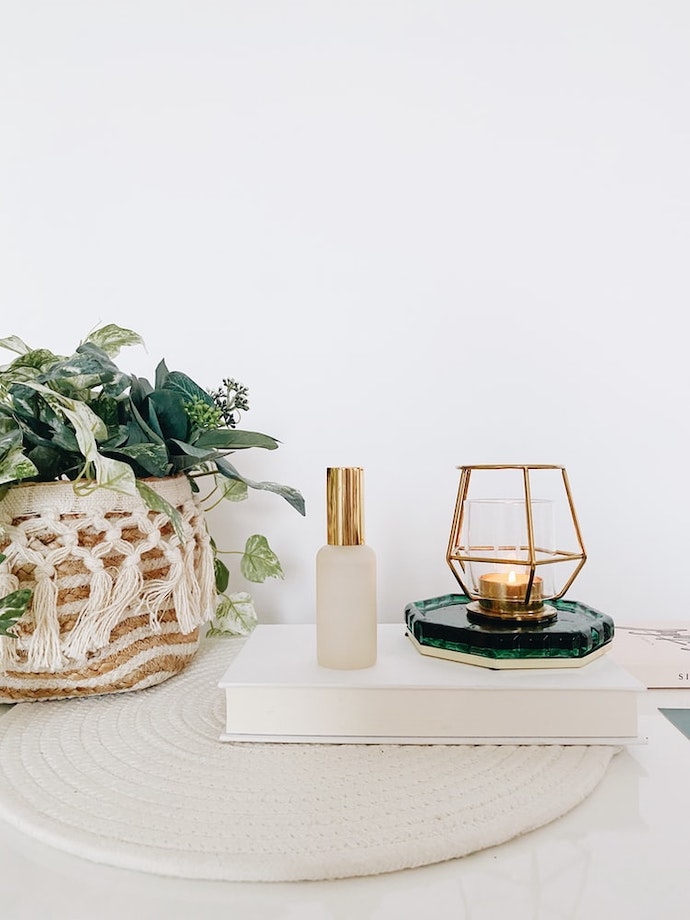




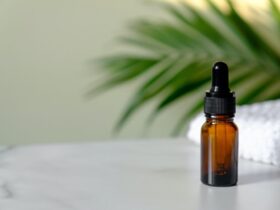
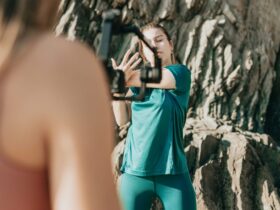
Hello!! Welcome to CCU Life
the lifestyle, college and fashion blog for Coastal Carolina University students, covering everything in school and life.